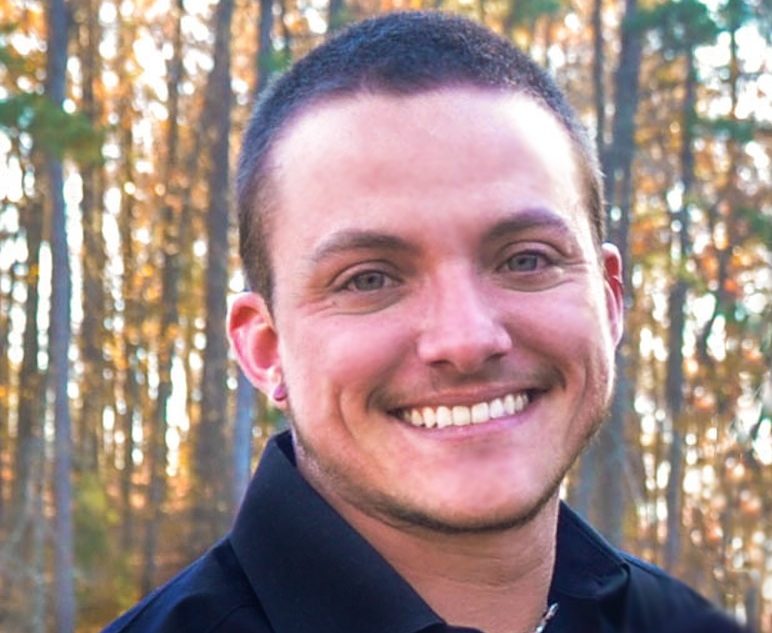Being a transman within the lesbian community
When I came out as transgender man in 2005, I was prepared for discrimination, misunderstanding, and even the prospect of losing my family. What I wasn’t prepared for was the lack of respect and outright anger from many of the lesbians I knew.
Everything from refusing to use my correct name and pronouns to telling me that I just needed to find the kind of woman I wanted to be and accusing the female-to-male (FTM) community of “stealing their good butches.” I was told that transmen were frauds. We were deserters. We were delusional. And, by having surgery to become our true selves, we were perpetrating violence against women. More than just the words, it was the disgust in their voice when they said them.
The lesbian community was my main source of friends, and all of a sudden, I felt unwelcome. I thought if anyone would understand simply wanting to live, to be who they truly were, it would be the lesbian community. These were strong women. Most were avid feminists and queer activists fighting for equality for all—regardless of sex, gender, sexual orientation, race, and religion. These were women who had been judged for many of the same qualities they were judging in me. It was frustrating, to say the least.
Of course, not all of my lesbian community greeted my transition with such negativity. Many of my fiercest supporters were also lesbians. They were truly happy I was becoming my true self, and, often, we became closer friends.
These opposite reactions, in addition to my belief that the female community has a right to women-only spaces, still make it difficult to go out with my lesbian friends. I never know whether I will be greeted with warmth or disdain. I never know where I am welcome and where I’m intruding into a place where men shouldn’t encroach. That being the case, the simplest and most frequently chosen route is to skip 99 percent of lesbian events, particularly when they happen in establishments that are generally women-only or women-dominated.
So it seems my transition within the lesbian community was, in many ways, a double-edged sword. That being said, losing most of my community and the ability to freely enter all of my previously frequented establishments and parties still doesn’t hold a candle to finally being comfortable in my own skin. But sometimes, I wish I didn’t have to choose.
Eli Strong is a transman living in Washington, D.C., with his wife. He is a Coordinator of the DC Area Transmasculine Society (DCATS).

